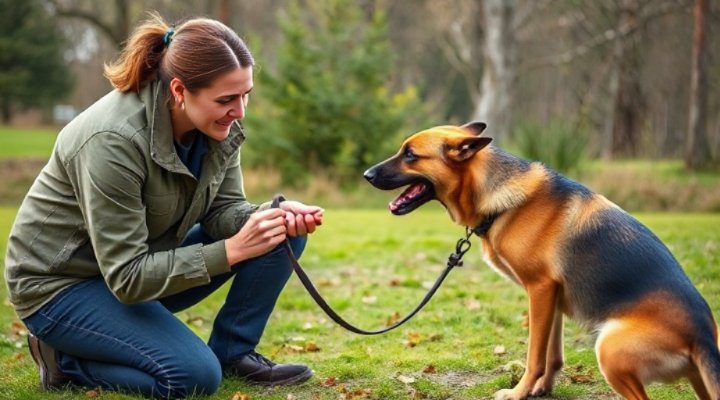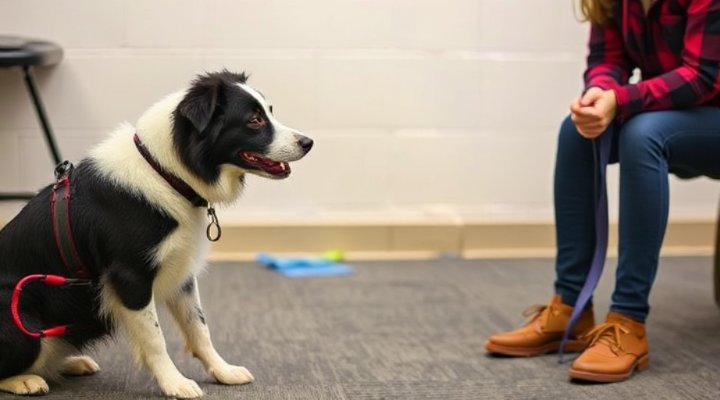Dealing with an aggressive dog can be overwhelming, but understanding that aggression is often rooted in fear or anxiety is the first step toward solution. A professional dog trainer for aggressive dogs uses science-based methods to address these behaviors safely and effectively.

Understanding Canine Aggression
Before beginning any training program, it’s crucial to identify the type of aggression your dog displays. Common forms include fear-based, territorial, possessive, and redirected aggression. According to the American Veterinary Society of Animal Behavior, most aggressive behaviors stem from underlying anxiety rather than dominance.

Safety First: Handling Aggressive Dogs
When working with aggressive dogs, safety precautions are non-negotiable. Professional trainers recommend:
- Using properly fitted muzzles during initial sessions
- Maintaining secure leash control
- Creating a low-stimulation environment
- Implementing reliable recall training as a foundation

Professional Training Techniques
Effective aggressive dog training typically involves:
1. Counterconditioning
This method changes your dog’s emotional response to triggers by pairing them with positive experiences. For example, when your dog sees another dog at a distance, immediately offer high-value treats.
2. Desensitization
Gradual exposure to triggers at a level that doesn’t provoke full aggression, slowly decreasing the distance over time as the dog becomes more comfortable.

Choosing the Right Dog Trainer
Not all trainers are qualified to handle aggression cases. Look for:
- Certification from reputable organizations
- Experience with your dog’s specific aggression type
- Positive reinforcement methods
- Transparent safety protocols
The Certification Council for Professional Dog Trainers maintains a directory of qualified professionals.

Owner Involvement in Training
Successful aggression modification requires consistent owner participation. Your dog’s training should include:
- Daily practice sessions
- Proper application of techniques
- Environmental management at home
- Ongoing communication with your trainer
Related Keywords:
aggressive dog behavior specialist, certified dog behaviorist, fear aggression training, reactive dog rehabilitation, professional dog aggression solutions
